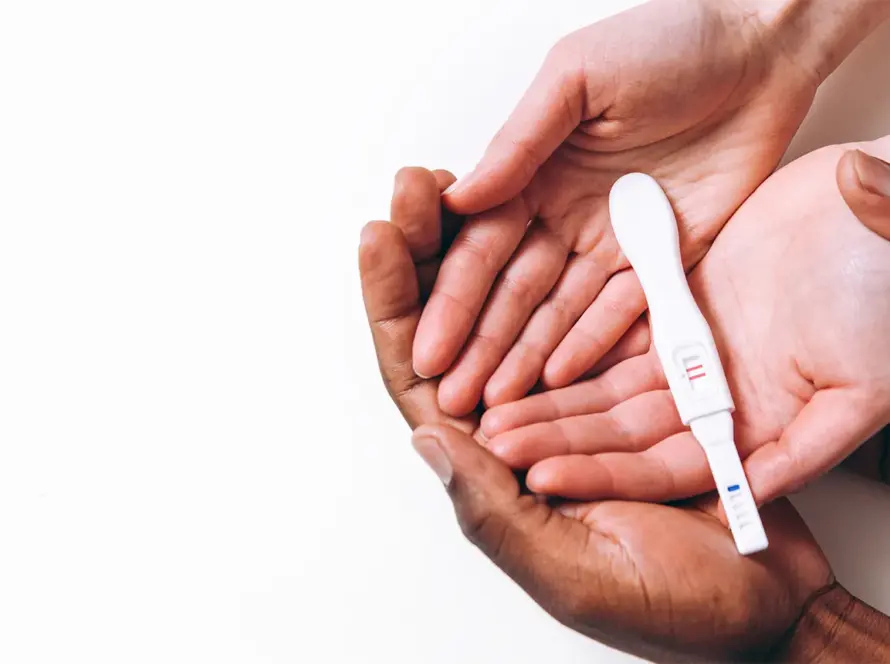Winter can bring many changes to our daily lives, from colder temperatures to shorter days. Interestingly, the season can also impact women’s menstrual cycles. Many women notice shifts in their periods during winter, such as changes in flow, cycle length, and symptoms like cramps or mood swings. This article will explore how winter affects the menstrual cycle and offer simple ways to maintain reproductive health during the colder months.
How Climate Affects the Menstrual Cycle
The menstrual cycle is sensitive to changes in the environment, including temperature and light. During winter, with shorter daylight hours and colder weather, the body may react in ways that influence hormone production. These hormonal shifts can lead to irregular periods, more intense cramps, or other symptoms. Understanding these changes can help women take better care of their bodies during this season.
Changes in Flow During Winter
One common effect of winter on the menstrual cycle is a change in the flow. Some women may notice that their periods are heavier or lighter during the colder months. The body tends to conserve more energy during winter, which could affect blood flow and the intensity of periods. Cold weather may also cause blood vessels to constrict, possibly leading to lighter bleeding for some women. Paying attention to these changes can help women manage their menstrual health better.
Longer or Irregular Cycles
Another effect of winter is that menstrual cycles might become longer or irregular. The reduction in sunlight exposure can influence melatonin levels, which in turn may affect reproductive hormones. A longer cycle or irregular period may be more noticeable during winter due to these changes. Though occasional irregularities are common, it’s important to track any major or persistent changes in cycle length and consult a healthcare professional if needed.
Increased Cramps and Discomfort
Many women report that their cramps feel worse during the colder months. The drop in temperature can lead to muscle contractions and make the body feel more tense. This increased tension can make period cramps more uncomfortable. To manage this, women can use heating pads, stay warm, and stretch to relax their muscles and reduce cramp intensity during their period.
Mood Swings and Winter Blues
Winter is known for its shorter, darker days, which can affect mood and energy levels. The lack of sunlight may contribute to feelings of sadness or irritability, sometimes known as “winter blues.” These mood changes can become more noticeable during menstruation due to the hormonal fluctuations women already experience. Managing stress, getting outside in natural light, and staying active can help improve mood during winter.
Ways to Take Care of Your Reproductive Health in Winter
Taking care of reproductive health during winter doesn’t have to be complicated. Here are some simple tips to help:
- Track Your Cycle: Keeping track of any changes in your menstrual cycle during winter can help you notice any unusual patterns. If you experience severe irregularities or discomfort, it’s a good idea to consult a doctor.
- Hydrate and Eat Well: Drinking enough water and eating nutritious meals can help your body stay balanced, even in cold weather.
- Get Some Sun: Even though it’s cold, try to get outside and enjoy natural sunlight when possible. Sunlight can improve your mood and regulate hormone levels.
- Track Your Cycle: Keeping track of any changes in your menstrual cycle during winter can help you notice any unusual patterns. If you experience severe irregularities or discomfort, it’s a good idea to consult a doctor.
Winter can bring about noticeable changes in a woman’s menstrual cycle, including shifts in flow, cycle length, cramps, and mood. Understanding how the colder season affects your body can help you prepare and manage these changes. By staying warm, maintaining a healthy diet, and paying attention to your body’s signals, you can support your reproductive health during winter. If you notice any significant changes, don’t hesitate to seek advice from a healthcare professional.





1 Comment
Ashton Porter
Sed ut perspiciatis, unde omnis iste natus error sit voluptatem accusantium doloremque laudantium, totam rem aperiam eaque ipsa, quae ab illo inventore veritatis et quasi architecto beatae vitae dicta sunt, explicabo.